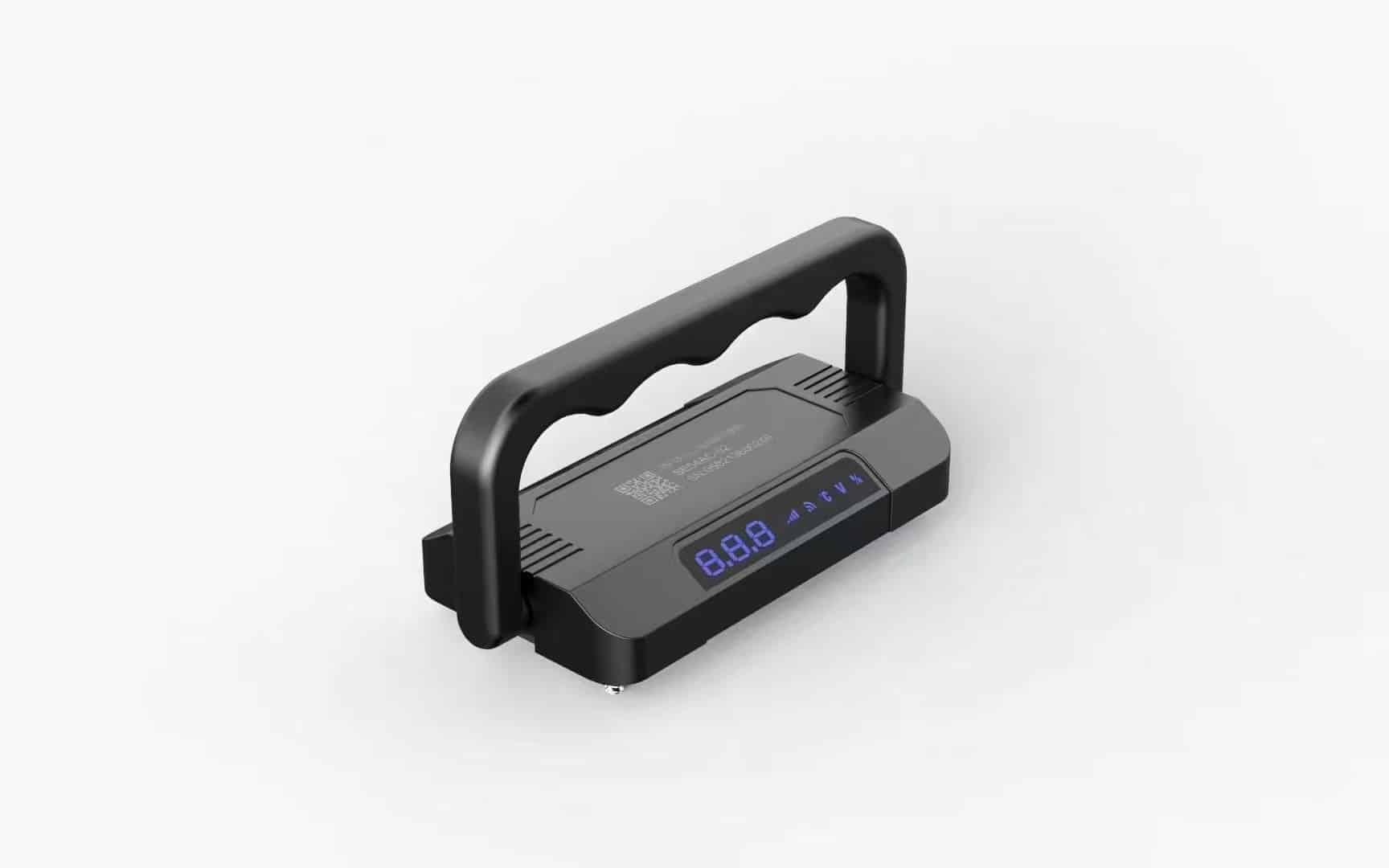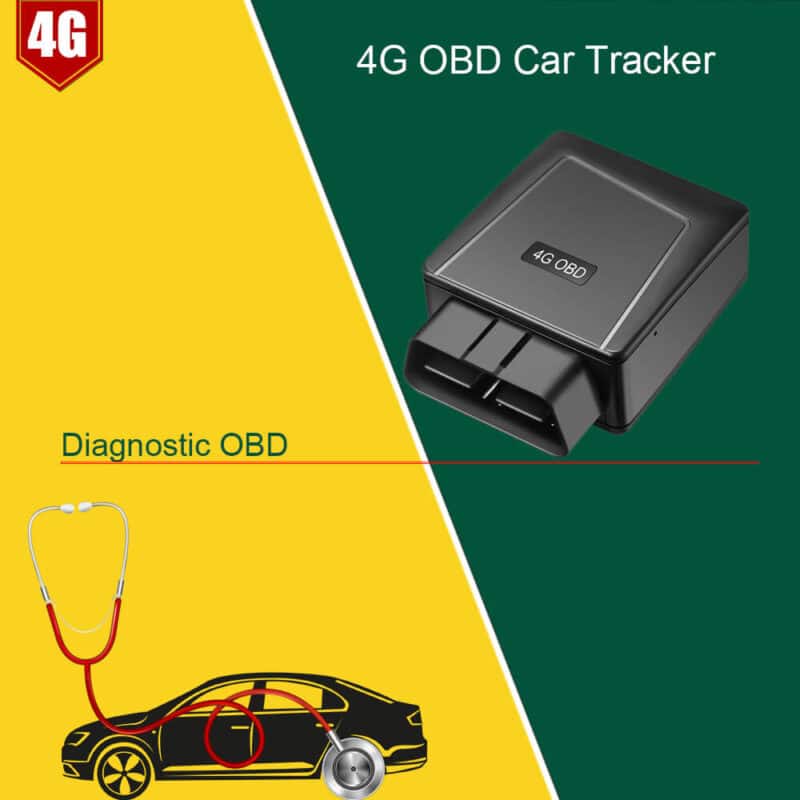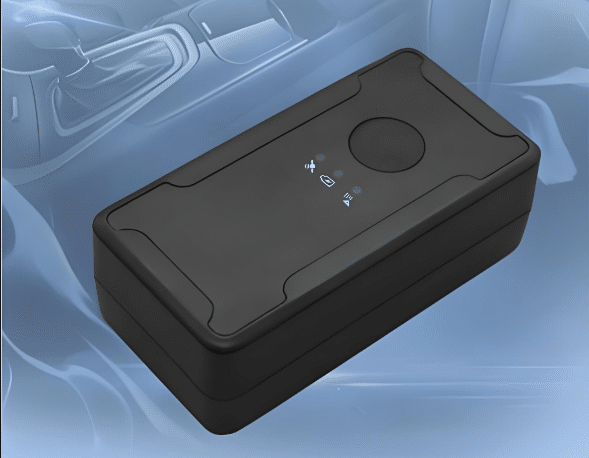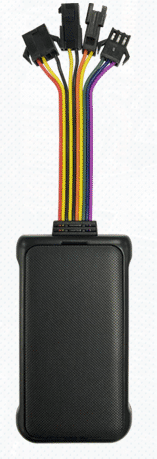The Application of GPS Trackers in Batteries: Theft Prevention and Battery Health Monitoring

Why Batteries Need GPS Trackers?

-
Asset Loss: Battery theft directly leads to property loss for businesses, increasing operational costs.
-
Operational Disruption: As a key component of many devices, the theft of batteries can cause equipment to stop running, affecting the normal operation of businesses.
-
Safety Risks: Theft can lead to safety accidents such as fires or explosions.
-
Regulatory Challenges: In some parts of Africa, due to weak infrastructure and inadequate supervision, battery theft is difficult to effectively control.
-
Battery Health Monitoring: There is a lack of real-time understanding of battery performance, such as voltage, current, temperature, charge/discharge status, cycle count, remaining power, and abnormal alarms.
-
Real-time Monitoring and Tracking: With GPS tracking technology, businesses can monitor the location of batteries in real-time. Once abnormal movement is detected, swift measures can be taken to minimize losses.
-
Anti-theft battery: By setting up geofences, the system automatically sends alarms when batteries move out of a predefined area, alerting businesses to take action.
-
Data Recording and Analysis: The historical trajectory and usage data of batteries are recorded, helping businesses analyze theft patterns and optimize security strategies.
-
Remote Management: Through mobile apps or web-based management platforms, businesses can check the status of batteries anytime and anywhere, improving management efficiency.
-
Extended Battery Life: By accurately understanding the performance of each battery and providing optimal usage plans, premature battery failure can be prevented.
-
High-Precision Positioning: Advanced GPS tracking modules are used to provide high-precision positioning even in complex environments.
-
Long Battery Life: Optimized power management ensures that the tracker can continue to function even after the battery is stolen.
-
Smart Management Platform: Features such as real-time monitoring, historical trajectory queries, and geofence alarms are provided to facilitate business management and decision-making.
-
Environmental Adaptability: The fully sealed design is waterproof, dustproof, and shock-resistant, making it suitable for the complex climate and geographical conditions in Africa.
-
Remote Monitoring and Management: Through IoT platforms, businesses can remotely monitor the status of batteries, including power levels, temperature, and location.
-
Smart Alert Systems: The system automatically sends alerts when battery power is low, when theft occurs, or when the battery moves out of a predefined area.
-
Data Analysis and Optimization: Big data analysis of battery usage helps businesses optimize maintenance and management.
-
Integration with Smart Devices: Integration with smart chargers, surveillance cameras, and other devices provides a more comprehensive IoT solution.
-
Supply Chain Management: In logistics and warehousing, GPS trackers can trace the flow of batteries to ensure supply chain security.




Good shout.